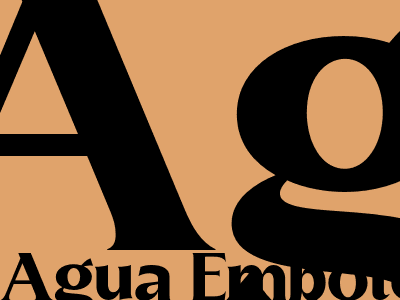
Agua Embotellada: Benefits, Controversies, and Alternatives
The Rise of Bottled Water
In recent decades, the consumption of bottled water has skyrocketed worldwide. Convenience, perceived health benefits, and aggressive marketing campaigns have contributed to its growing popularity. Bottled water is often seen as a healthier alternative to sugary drinks or tap water, but the reality is more complex.
Benefits of Bottled Water
Convenience:
Bottled water offers unparalleled convenience. It is readily available at vending machines, grocery stores, and even public spaces. Its portable nature makes it ideal for on-the-go hydration.
Perceived Health Benefits:
Many consumers believe that bottled water is healthier than tap water. This perception stems from the assumption that bottled water undergoes rigorous purification processes and is free from contaminants. While some bottled water brands do meet high-quality standards, others may not.
Controversies Surrounding Bottled Water
Environmental Concerns:
The environmental impact of bottled water is a major concern. The production, transportation, and disposal of plastic bottles contribute to greenhouse gas emissions, water pollution, and plastic waste. Moreover, the vast majority of plastic bottles end up in landfills or as litter, harming wildlife and ecosystems.
Health Concerns:
While bottled water is generally safe, some concerns have been raised regarding the potential leaching of chemicals from plastic bottles into the water. Studies have shown that certain chemicals, such as bisphenol A (BPA), can migrate from the plastic into the water, especially when exposed to heat or sunlight.
Economic Concerns:
Bottled water is significantly more expensive than tap water. In many cases, consumers pay hundreds of times more for bottled water than they would for the same amount of tap water. This disparity raises concerns about affordability and equity, as access to clean, safe drinking water should not be a luxury.
Alternatives to Bottled Water
Tap Water:
Tap water is a safe, affordable, and environmentally friendly alternative to bottled water. In many developed countries, tap water undergoes rigorous treatment processes to ensure its quality and safety. By choosing tap water over bottled water, consumers can save money, reduce waste, and protect the environment.
Filtered Water:
For those concerned about the quality of their tap water, filtration systems offer a convenient and effective solution. Water filters can remove contaminants and improve the taste and smell of water. Many affordable and easy-to-use filter options are available, both for home and portable use.
Reusable Bottles:
Reusable water bottles are an excellent way to reduce plastic waste and save money. By filling reusable bottles with tap water or filtered water, consumers can enjoy the convenience of bottled water while minimizing their environmental impact.
Conclusion: Agua Embotellada
The decision to consume bottled water is a complex one, involving considerations of convenience, health, environmental impact, and cost. While bottled water offers certain advantages, it is essential to be aware of the controversies surrounding it. By choosing tap water, filtered water, or reusable bottles, consumers can enjoy safe, affordable, and environmentally sustainable hydration options.